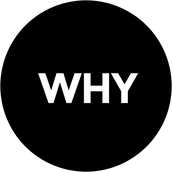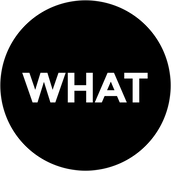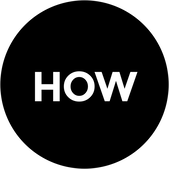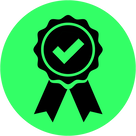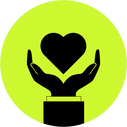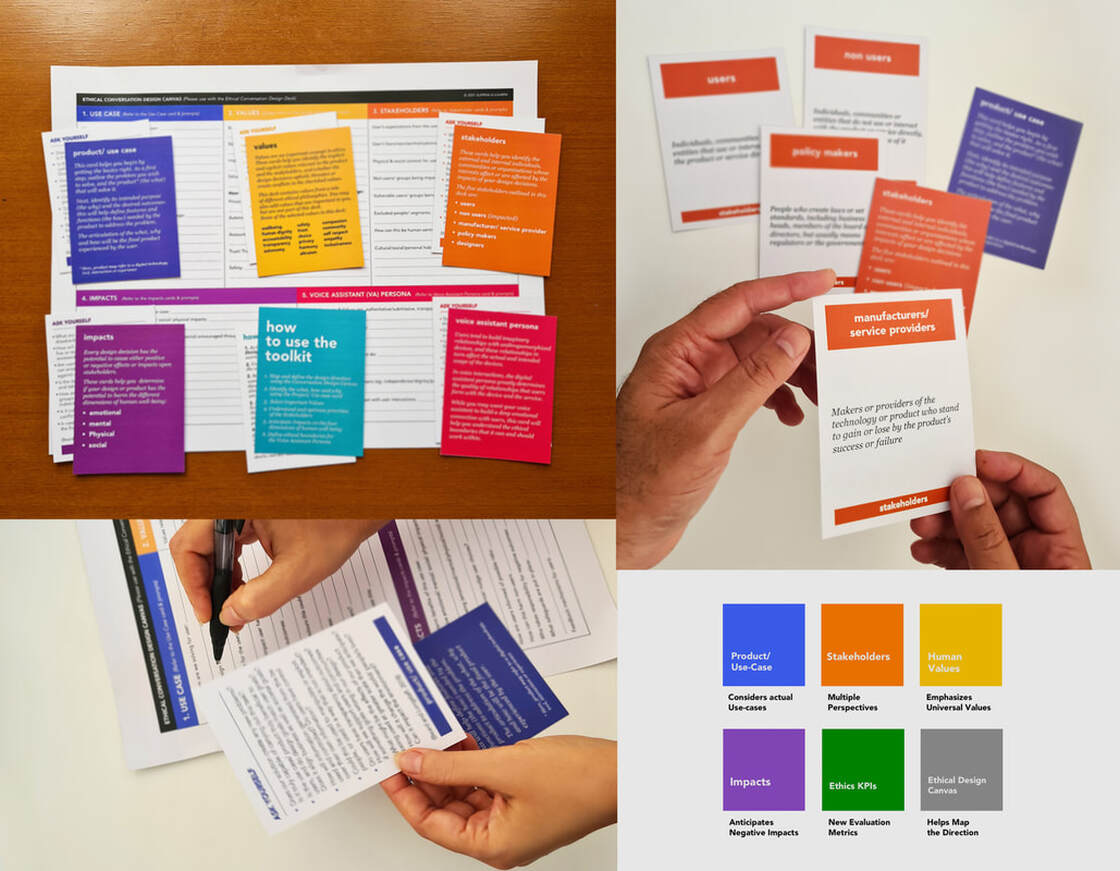New and emerging technologies have eased our lives considerably, but they are far from perfect- along with benefits, they often bring negative impacts and unintended consequences.
The Ethics Company guides businesses make ethically informed decisions in order to mitigate potential harm, create positive impact on users and society, build differentiation, and ultimately lead to business success.
We emphasize the practice of self-regulated ethics- approaching it from a proactive, anticipatory and human-centered perspective, rather than a reactionary, technical, compliance or governance perspective.
Why we do what we do
|
WHY DO WE EXIST? Technology and digital artefacts are evolving at an incredible pace. The focus of companies is mostly on tech driven innovation, user centricity, quick adoption and short terms benefits of products. New technologies are beneficial, but what we think is a great product or service can often have unintended negative impacts beyond obvious benefits. We work with you to ensure that the products you create will cause no harm |
WHAT VALUE DO WE ADD? We work with you to gauge how you make ethical decisions, and guide you to create a shared ethical vision. We help integrate the code of ethics into your work processes so that you can intentionally create products that have a positive impact on users and society. This in turn helps you create differentiation in the market, and build an ethical reputation for your business. We help you make ethically informed decisions during the process of creation |
HOW DO WE DO THAT? We help you evaluate existing products or create new ones using our proprietary ethical design framework. Our work is based on these principles: 1. Anticipatory ethics, not reactionary solutions 2. Being humanity-centric, not just user-centric 3. Long-term impacts over short-term benefits 4. Not high-level principles, but easy-to-apply frameworks We facilitate easy application of ethical design principles in your daily work |
Why Ethics? What's in it for your business?
Ethically designed products come at a cost, requiring intentional effort, investment of time and resources. So why should companies pursue ethical design? According to Ethisphere - the company that has been defining and measuring corporate ethical standards - investors, employees, consumers and other stakeholders value companies that focus on the long-term, practice integrity, and invest in people and society.
Ethically designed products come at a cost, requiring intentional effort, investment of time and resources. So why should companies pursue ethical design? According to Ethisphere - the company that has been defining and measuring corporate ethical standards - investors, employees, consumers and other stakeholders value companies that focus on the long-term, practice integrity, and invest in people and society.
Why good ethics is great for business
|
Mitigate Potential Harm
Intentional ethical design helps nullify or mitigate unintended consequences that arise from products |
Outperform Others
Corporate cultures that focus on ethical principles actually create conditions that lead to success |
Attract & Retain Talent
Employees prefer working with companies that have ethical principles and practices in place |
Make a Positive Impact
Customers want to engage with companies, brands and products that are purpose-led and responsible |
The Ethical Design Toolkit
Our proprietary framework, the Ethical Design Toolkit, is based on the principle of anticipatory ethics, and approaches ethical issues and impacts from the lens of four dimensions of human well-being. The toolkit can be used to help clients evaluate existing products through an ethical lens, or guide them during the strategy and design stages while creating new ones.
The toolkit is divided into five main pillars, and consists of a deck of 60 cards and an ethical design canvas that functions as a ready-reckoner for mapping the direction of the product or use-case.
The toolkit is divided into five main pillars, and consists of a deck of 60 cards and an ethical design canvas that functions as a ready-reckoner for mapping the direction of the product or use-case.
The Ethical Design Toolkit helps to:
- Identify the purpose, goal and desired outcome of the use-case or product
- Consider perspectives of multiple stakeholders, with emphasis on the interests of users as well as non-users
- Identify universal values important to the use-case and the stakeholders
- Make trade-offs in case of conflict of interest or values
- Consider the impacts of the use-case or product on four dimensions of human well-being (emotional, mental, social and physical)
- Set KPIs that are suited to the overarching ethical goal and purpose of the use-case or product
- Identify the purpose, goal and desired outcome of the use-case or product
- Consider perspectives of multiple stakeholders, with emphasis on the interests of users as well as non-users
- Identify universal values important to the use-case and the stakeholders
- Make trade-offs in case of conflict of interest or values
- Consider the impacts of the use-case or product on four dimensions of human well-being (emotional, mental, social and physical)
- Set KPIs that are suited to the overarching ethical goal and purpose of the use-case or product
